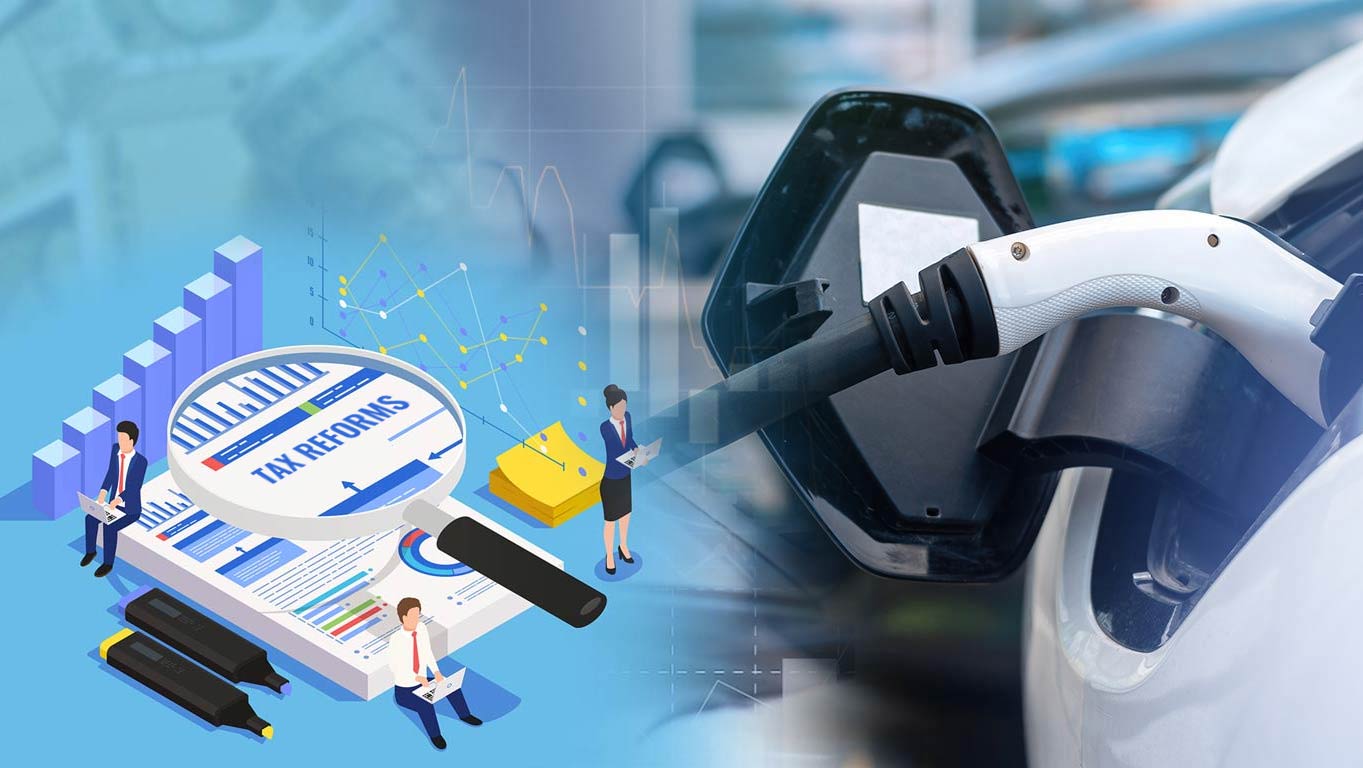EV Industry Calls For Tax Revisions & Policy Support From Interim Budget 2024
Updated: Jan 15, 2024 04:07:19pm

EV Industry Calls For Tax Revisions & Policy Support From Interim Budget 2024
New Delhi, Jan 15 (KNN) The electric vehicle (EV) sector is actively advocating for an array of tax and subsidy reforms, along with favourable policies to support the ongoing boom in the industry, as Finance Minister Nirmala Sitharaman is scheduled to present the Interim Budget 2024 on February 1.
One prominent request from EV stakeholders is the establishment of a fair playing field in terms of taxation, particularly addressing the higher goods and service tax (GST) imposed on EV batteries.
These batteries significantly contribute to the comparatively elevated upfront cost of electric vehicles.
Akhiro Ueda, CEO of EV ecosystem developer Terra Motors India, emphasised the necessity of reducing GST on batteries from 18 per cent to 5 per cent.
According to Ueda, this adjustment would enhance affordability for consumers, accelerate the adoption rate, and empower manufacturers to allocate more resources for research and development, fostering innovation.
While the revision of GST rates falls within the jurisdiction of the GST Council rather than the Ministry of Finance, industry leaders are optimistic that the forthcoming budget speech might contain encouraging language in this regard.
The sector is also urging a reduction in the levy on imported EV spare parts to enhance cost-competitiveness.
Anticipation surrounds the extension of the Faster Adoption & Manufacturing of Electric Vehicles (FAME II) subsidy, set to expire on March 31.
This subsidy incentivises domestic EV manufacturing and has provided relief to over 12.16 lakh electric vehicles with an expenditure of Rs 5,422 crore as of December 2023.
The industry is also advocating for an extension of the current scheme until the approval of the proposed FAME III subsidy.
In addition to FAME, industry participants are looking for provisions in the budget to expand the scope of Production Linked Incentive (PLI) schemes, which have previously stimulated domestic manufacturing.
With a focus on India's commitment to reducing carbon emissions by 50 per cent by 2030, the industry expects a higher allocation of capital towards sustainable energy and clean-tech.
These expected investments are poised to target services such as EV charging and battery swapping, aiming to address range anxiety, a significant barrier to overall EV adoption.
Beyond financial considerations, industry players are hopeful for the unveiling of a comprehensive policy framework in the budget, addressing licensing, safety standards, and insurance norms tailored for electric vehicles.
(KNN Bureau)












